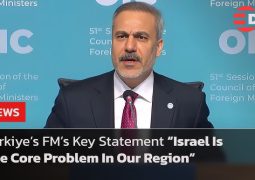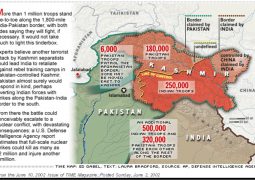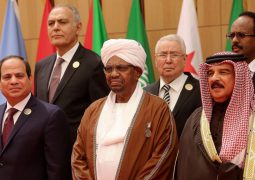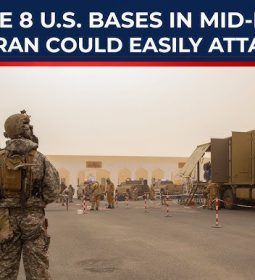‘Isn’t this our country?’ Why Indian Muslims feel shaken and ‘harassed’
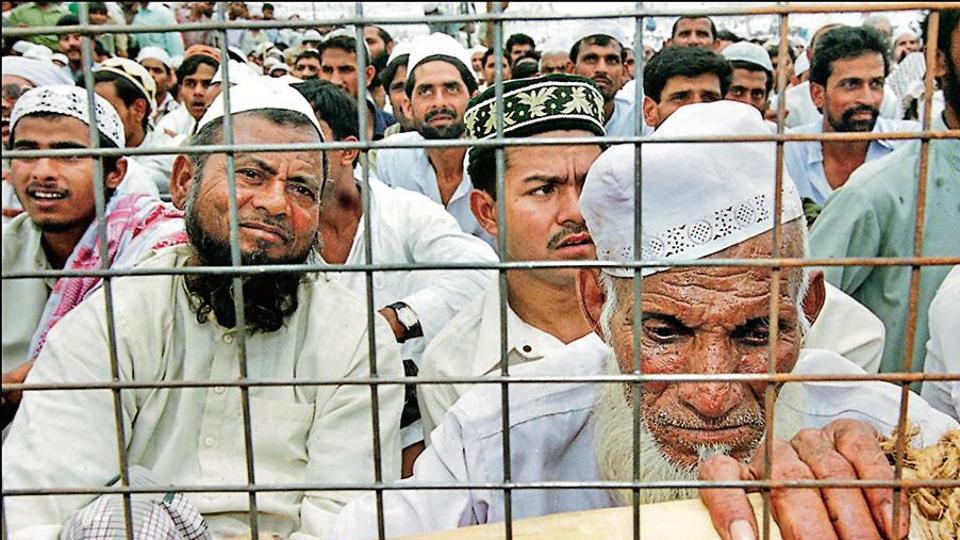
Anam Nisha is a first-year student in the department of chemical engineering at the Rohilkhand University in Bareilly. The daughter of a mechanic, her parents battled hostile relatives, uncomfortable with sending a girl to college, and decided to educate her— she will become the first engineer in her family.
Nisha has made friends with her classmates, a majority of Hindus. But something changed during the 2017 elections in UP.
“I did not feel this earlier. But in this election, among our friends, this feeling of being Hindu and Muslim sharpened. In discussions, our friends made us feel we were different.” She says the BJP had created this ‘division’.
Mohammed Tanweer, a final year student from Gorakhpur, nods. “When the PM came and said kabristan and shamshanghat, we felt uncomfortable. Look at issues being raised everyday. It makes us sometimes ask — do we have the wrong name?”
No generalisation about a community as large and diverse as Indian Muslims can be entirely accurate. Yet, in the course of meeting dozens of young Muslims, from west UP to the eastern most edge of Bihar, it became clear that Nisha and Tanweer are not exceptions. Muslims are shaken, disturbed, and worried.
Living as ‘anti-nationals’
Firoze Ahmad is an assistant professor in the Aligarh Muslim University’s campus in Kishanganj, in Bihar’s Seemanchal. “Muslims have begun avoiding public gatherings because anything you say can be misconstrued. On social media, as soon as you say something, you are immediately branded anti-national, terrorist, and of course Pakistani,” he says.
A survey conducted by the well-regarded Centre for the Study of Developing Societies in four states — Gujarat, Haryana, Odisha and Karnataka — gives a clue into the mindset that leads to these labels. Only 13% of Hindus saw Muslims as ‘highly patriotic’, even though 77% Muslims saw themselves as ‘highly patriotic’.
When asked what, specifically, was bothering him, Firoze Ahmad says, “Look at the hate campaigns. When they say love jehad, raise triple talaq, talk of gau raksha, want ghar wapsi, who are they targeting? There is a common pattern. They want to ignite new debates with Muslims as the target group.”
He then clarifies. “It is not the PM. He is for Sabka saath, sabka vikaas. It is those acting in his name. They need to be punished.”
Shadab Khan is pursuing an MBA in the campus.
“This nationalism discourse has created a gulf. If I say I love Barcelona, I am a nationalist. But if I say I love Pakistani player Shahid Afridi, I become an anti-national. This has percolated down to every college, every street, every social media conversation.”
Across age groups and regions, most Muslims blamed BJP and the Sangh parivar, but they were as critical of the media.
Back in Bareilly, Heeba Roshan, a second year student of chemical engineering, noted, with a laugh, “There would have been far more peace, and so much less insecurity, if we all stopped TV news.”

Media penetration had increased, every household was watching news, this was shaping mindsets, and the content usually reinforced the views that Hindus held of the community, and alienated Muslims, pointed Ahmad.
Sense of discrimination
All of this points to a degree of psychological alienation. But is this merely perceptional or is it rooted in facts?
In Kishanganj, Raashid Nehaal is the director of the AMU campus — which operates out of two temporary buildings, one of which also doubles up as both the academic block and the girls hostel. There are only two courses being offered; he has not been able to appoint faculty, expand courses, or even build boundary walls. Work on a new campus building is halted.
Why?
“Since the BJP government has come to power, they have not released a single paisa to us. The approved funds for this campus — meant to serve the backward region — is ₹136 crore; all we have got so far is ₹10 crore, which was released before the BJP won.”
Nehaal does not mince words. “What should we understand from this? They have become prejudiced.” He pins it on politics, and the difference in nature of regimes is palpable here. The ‘secular government’ of Nitish Kumar — which relied on Muslim votes — has extended all support to the campus, but the Union government, Nehaal claims, has been hostile.
At the other end of the Hindi heartland lies the small town of Deoband, famous for its influential Islamic seminary.
At a cloth shop in the bazaar, a group of young men look back at 2017 polls. Shah Alam tells his friends, “We were unnecessarily living with a myth that at 18%, Muslims can decide elections. The majority decides elections. And BJP has shown they don’t need us at all.”
What has been the impact of this?
“Secular parties treated us as just a vote-bank, but we at least had leaders to go to. There is no one here to listen to us. Sunwai khatam ho gayi,” replies Alam.
Adnan owns the cloth shop, and says, “Under the Mudra scheme, I applied for a loan of ₹5 lakh. I have gone to the bank repeatedly. But my application got rejected.”
But maybe his loan got rejected because it did not meet the criteria? Would it be correct to pin it to religion? He replies, “It is the mindset. The bank official told me — you will not get it. Don’t waste your time.”
Whether it is indeed, factually, their religious identity which is leading to Adnan’s loan being rejected, Alam’s voice not being heard, Ahmad or Khan being called anti-national, Nisha and Tanweer feeling a sense of distance from their friends, Roshan getting uncomfortable watching television, or Nehaal struggling to get funds for his campus is one part of the story, open to debate. The more important part is that all of them feel that this is discrimination that stems from their religious identity.
And all of this is leading to a question that Khan — the Kishanganj student — asks bluntly, “I have always felt Indian. But today, I am being forced to ask myself — is this my country?”
- Previous Modi, Rahul or Owaisi? Indian Muslims consider their political options Alienation constitutes one element of the story of Muslims in contemporary India as they think about political choices in the past and options they have at present.
- Next China warns India over Arunachal Pradesh bridge






